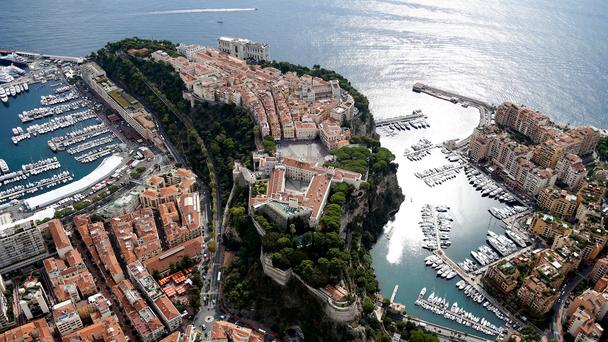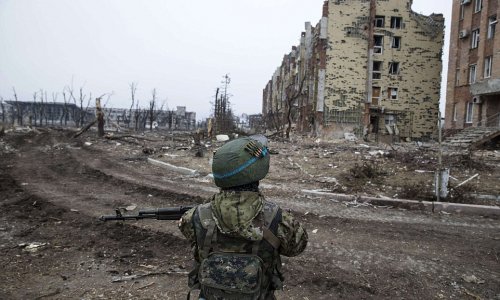What makes a city healthy? A combination of factors, ranging from readily available healthcare to excellent mass transit to a commitment to improving access to green spaces. Taken from a number of lists in publications such as The Guardian and The Economist that rank the healthiest cities and countries around the world, these five cities have a history of investing in the behaviours and elements that ensure their citizens live as healthy a life as possible.
Singapore
Singaporeans experience both some of the world’s lowest infant mortality rates and the highest life expectancies: 84.07 years, number four in the world according to the CIA World Factbook. Ranked among the most efficient health care systems across the globe, up to 80% of residents use the public health system, which has a few different pricing tiers. Overall, Singapore is one of the world’s cleanest cities (strict laws forbid everything from spitting to littering), and the government has successfully used incentives, pricing and congestion charging to reduce the amount of car traffic from its high point in the 1970s. The city’s comprehensive mass transit system, SMRT, carries more than two million passengers every day. Calling itself the Garden City, there are dozens of parks, gardens and mountain trails around the island. For cyclists, runners and walkers, the Park Connector Network comprises more than 200km of paths linking local parks and green spaces. "There is a growing emphasis on work/life balance here, as well as a plethora of sporting events like marathons and mass cycling rides,” said Carole Ann Coventry, director of Coventry & Seah estate agency.
Many expats and internationals rent in Singapore because of the restrictions on foreigners purchasing property, and the government has put further measures in place, such as additional taxes, to prevent a housing bubble. Many people want to live in the central districts near Orchard Road, north of the Singapore River from the Central Business District. "Riverside living on Robertson Quay is popular with couples and young families,” Coventry said. These areas are close to public transport, including multiple MRT stations. Singapore’s East Coast neighbourhoods near East Coast Park are popular because of their proximity to outdoor activities such as the beach, bike trails and volleyball courts. The average rent for a two-bedroom property near Orchard Road is around $5,000 to $6,000 Singapore dollars a month.
Tokyo
With one of most efficient transit systems in the world, moving approximately three million people a day in the greater metropolitan area, Tokyo’s greenhouse gas emissions are lower than most other Asian cities. According to the World Bank, Tokyo’s CO2 per capita output is 4.89 tons, while Beijing’s is 10.8 tons and Singapore’s is 7.86 tons. In the wake of the 2011 tsunami, the Fukushima reactor disaster has caused concerns, but the government claims radiation levels are safe.
Ranked by the Guardian in 2012 as the second healthiest city in the world, life expectancy in the Japanese capital is one of the highest at 84.19 years. This is due to a number of factors, including investment in public health, strong family and community ties, the Japanese tradition of hygiene, and a common diet of rice, fresh fish and vegetables. Universal health insurance was also implemented in 1961, which cut down on the rate of childhood and infectious diseases.
Tokyo’s property market and prices have been on the rise in 2013, spurred by the new prime minister’s economic policies, as well as the city’s successful bid for the Summer Olympics in 2020. Foreigners are not restricted from buying property, but most expats choose to rent. Many look to live in the fashionable Azabu, Hiroo and Roppongi neighbourhoods in the Minato ward, trendy Omotesando in the Shibuya ward and leafy Daikanyama and Nakameguro – known for its cherry blossoms – in the Meguro ward, some of which have a more residential feel than is typical in the rest of Tokyo. Average rents for three-bedroom apartments in these areas run anywhere from 200,000 to 450,000 yen a month. The average price of a new condominium in Tokyo is 686,000 yen per square metre, while the average price of an existing condo is 399,700 per square metre.
(BBC)
ANN.Az









Follow us !











